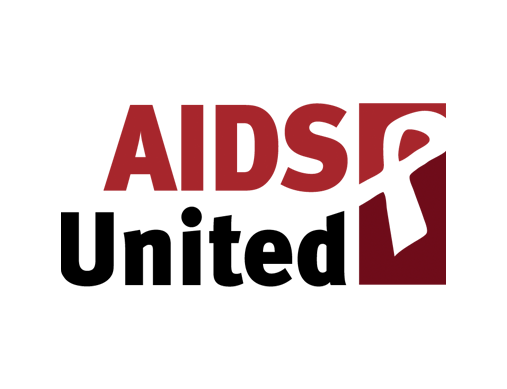Member Spotlight: AIDS United

What is AIDS United’s issue focus?
AIDS United mission is ending the HIV epidemic in the United States. We envision a time where all people, governments, and organizations are committed to ending the epidemic and strengthening the health, well-being, and human rights of everyone impacted by HIV. We aim to be led by voices who are living with or vulnerable to HIV.
What is something AIDS United is currently prioritizing? Can you tell our readers a little about the goals of the campaign/project?
AIDS United has worked to support and uplift people living with or vulnerable to HIV in some form or another since 1984. Following the onset of COVID-19 began, we launched a working group to produce a webinar series to better communicate how COVID-19 is impacting AIDS service organizations. Additionally, we shifted all of our operations to a virtual setting.
AIDSWatch, our biggest policy event of the year, is the largest, constituent based HIV advocacy event in the U.S. Each year, AIDSWatch brings together hundreds of people living with HIV and their allies to speak truth to power about the issues impacting people living with HIV.
Our job as HIV advocates is to speak out against injustice, whatever its form. The structural and racial inequalities that exist in the United States require us to always center those disproportionately impacted by HIV. As is the case with HIV, Black Americans are unduly burdened by COVID-19. Our work has needed to become more responsive to those who have been unduly burdened by inequalities in our communities.
Do you have an “Advocacy Tip” to share or “Lesson Learned” while
organizing this or other campaigns? Do you have any general words of wisdom that you’d like to share with other staff engaged in advocacy?
Carl Baloney, AIDS United vice president for policy and advocacy, has a simple tip to others in the field: Lead by centering those affected by the issues your organization aims to impact.
“Here at AIDS United, we center those impacted by HIV in shaping our messages and informing our advocacy. Additionally, we work with and seek out those who can share their experiences or narratives to impact policy outcomes. Our work as public health advocates requires that we always center the lives of Black people, other communities of color, and transgender communities — among those most impacted by HIV and now by COVID-19.”
Many of our member organizations work with both our Bolder Advocacy initiative on c3/c4 advocacy rules and guidance and our Justice programs on the importance of the courts and judicial nominations. How has either or both most helped you?
We check in with AFJ for advice several times a year regarding what we are and are not allowed to do as a C3 organization. Additionally, we work closely with AFJ to respond to attacks on the Affordable Care Act and stay up to date on any changes. We also work with AFJ to monitor judicial nominations, which are becoming more central to our policy work, at the intersection of criminal justice reform and HIV criminalization.
Who inspires you?
I am inspired by the “everyday” advocate I meet during AIDSWatch – those who may not work at HIV-focused organizations but are active in their communities. These individuals come together to learn from others on how to end the HIV epidemic, I am inspired by their involvement and the time they dedicate to working on policy change.
Learn more about AIDS United here.
